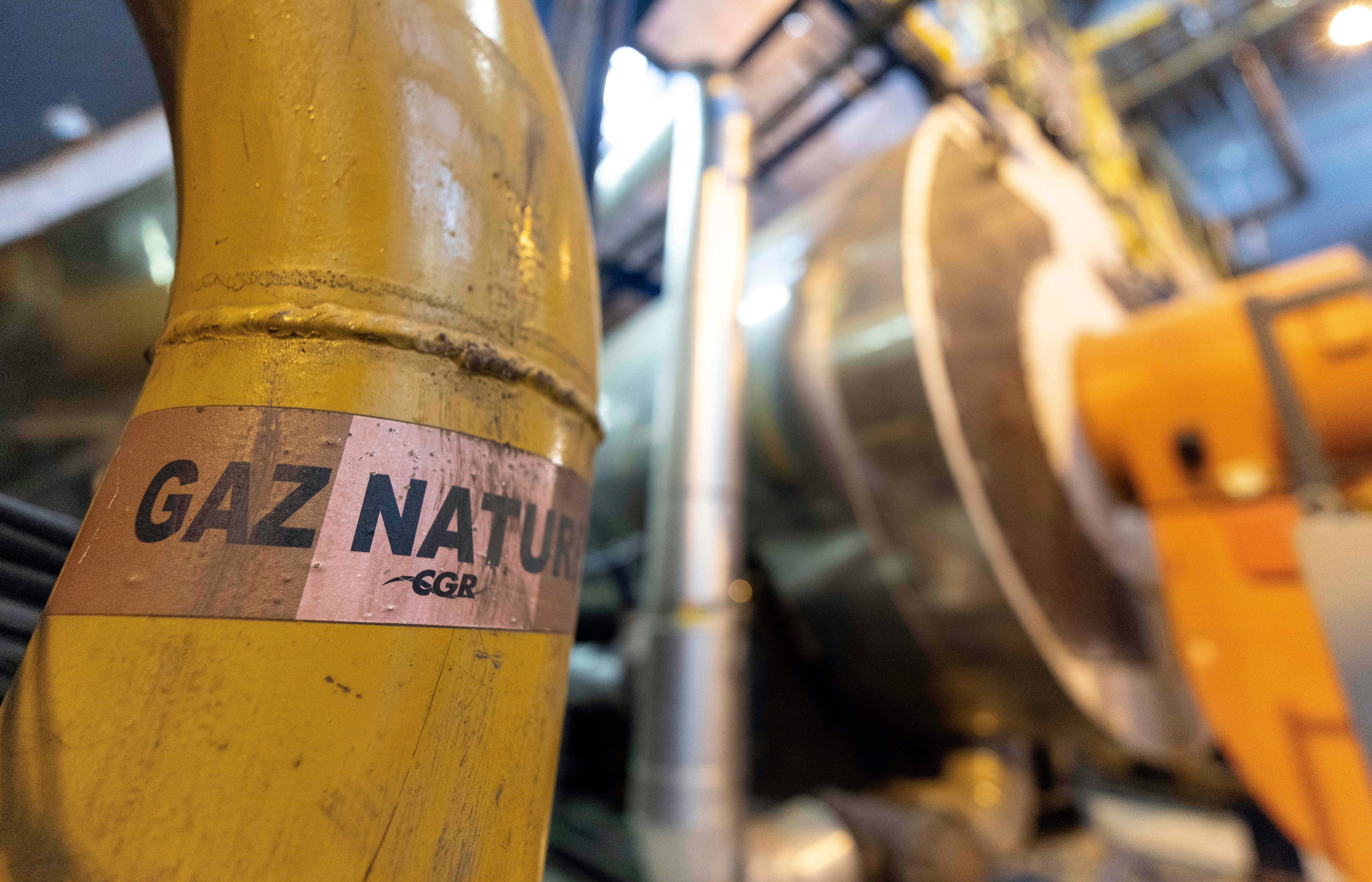Europe urged to save natural gas to avoid shortage next year
The International Energy Agency says Europe could face a severe natural gas shortage next year and needs to act now to conserve

Your support helps us to tell the story
From reproductive rights to climate change to Big Tech, The Independent is on the ground when the story is developing. Whether it's investigating the financials of Elon Musk's pro-Trump PAC or producing our latest documentary, 'The A Word', which shines a light on the American women fighting for reproductive rights, we know how important it is to parse out the facts from the messaging.
At such a critical moment in US history, we need reporters on the ground. Your donation allows us to keep sending journalists to speak to both sides of the story.
The Independent is trusted by Americans across the entire political spectrum. And unlike many other quality news outlets, we choose not to lock Americans out of our reporting and analysis with paywalls. We believe quality journalism should be available to everyone, paid for by those who can afford it.
Your support makes all the difference.Europe could face a severe natural gas shortage next year and needs to act now to reduce use, the International Energy Agency said in a report Thursday, warning against complacency in an energy crisis triggered by Russia's war in Ukraine after countries were able to build up storage of the fuel to heat homes and generate electricity this winter.
The IEA said Europe benefited from some Russian gas supplies over the summer and sharply reduced competition from China for scarce shiploads of liquefied natural gas, or LNG, and those factors could be one-offs, the Paris-based organization said. Along with mild weather, that has pushed down natural gas prices from August highs.
“With the recent mild weather and lower gas prices, there is a danger of complacency creeping into the conversation around Europe’s gas supplies, but we are by no means out of the woods yet,” IEA Executive Director Fatih Birol said. “This is why governments need to be taking immediate action to speed up improvements in energy efficiency and accelerate the deployment of renewables and heat pumps — and other steps to structurally reduce gas demand.”
The cutoff of most Russian pipeline gas because of the war in Ukraine has sparked a winter energy crisis in Europe. Russian deliveries were close to normal for the first half of the year. The country has since turned off all but a trickle of gas, and even that could be unavailable next year.
On top of that, if China's imports of LNG recover to 2021 levels, that could consume over 85% of the expected increase in global supply. China's economy has been weakening due in part to strict COVID-19 restrictions.
That all means Europe could face a shortfall of 30 billion cubic meters of gas next summer, the key period for filling supplies ahead of the winter heating season, when there is stronger demand for the fuel. The figure represents almost half the gas required to fill storage facilities in Europe to 95% capacity before the 2023-2024 winter starts.
European Union governments have committed to reduce gas consumption by 15% over the winter and are pushing conservation and renewables. Use by industry has fallen as prices have grown, and a campaign to buy LNG that comes by ship from countries like the U.S. and Qatar succeeded in filling storage to 95%, according to figures compiled by Gas Infrastructure Europe, an association of companies that operate pipelines, underground storage and LNG facilities.
Remaining pipeline gas and LNG have become much more expensive — almost 70% higher than a year ago even as prices have dropped in recent months — fueling inflation, straining consumer budgets and hurting companies that are heavy users of energy.